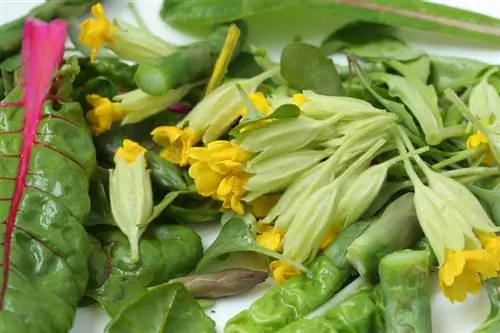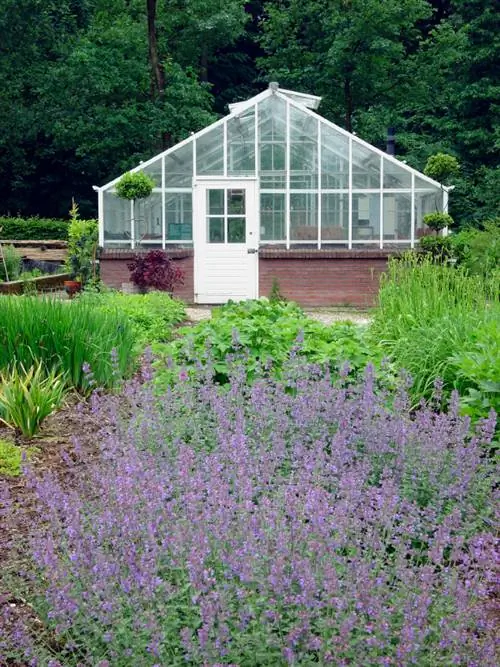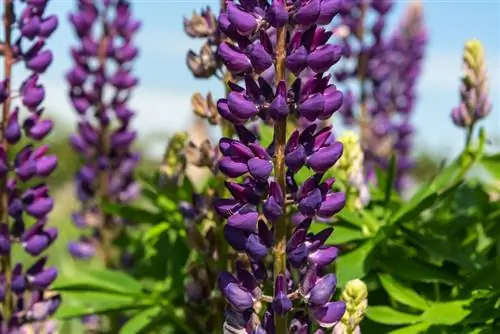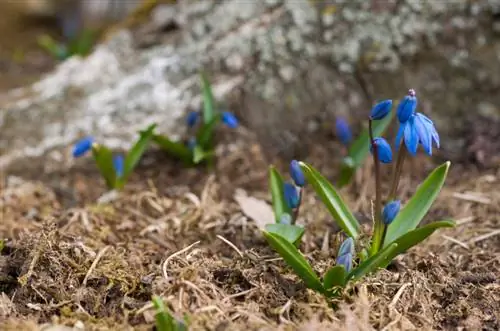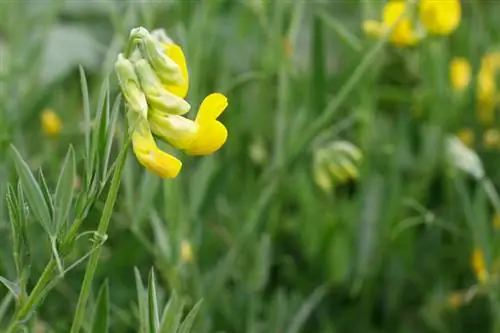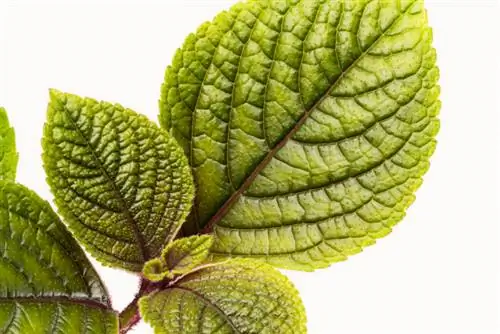- Author admin leonars@hobbygardeners.com.
- Public 2023-12-16 16:46.
- Last modified 2025-01-23 11:20.
Although botanically speaking, cowslips belong to the primrose family, they should definitely not be confused with primroses. Like cowslips, some types of primroses are used in folk medicine due to their high saponin content, while others are poisonous - in complete contrast to cowslips. However, as is so often the case, the dose makes the poison.
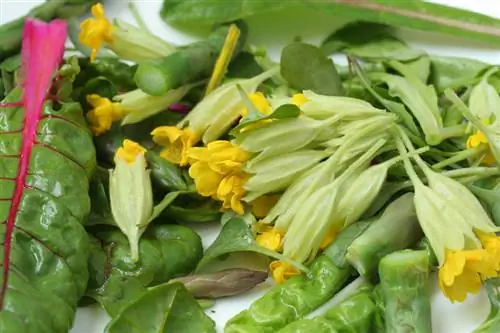
Are cowslips poisonous?
Primroses are non-toxic to humans and have been used in folk medicine for centuries, for example for coughs and colds. However, they can be harmful to small animals such as guinea pigs or rabbits due to their high saponin content.
Primroses in folk medicine
Both the real cowslip and the tall cowslip, more rarely the stemless cowslip, have been used in folk medicine for centuries. In the Middle Ages, the plant was recommended primarily for the treatment of gout, rheumatism and wounds, for body aches, genital warts and for strengthening the heart. Nowadays, the root extract is mainly used for persistent coughs and other colds.
Ingredients of cowslip
Primroses contain saponins, concentrated mainly in the roots, as well as essential oils. The saponins, especially the triterpene saponins, promote the expectoration of bronchial mucus, but can also irritate the gastric mucosa. For this reason, people with a sensitive stomach or stomach problems should avoid using cowslip as a remedy. By the way, the cowslip (Primula veris) contains the highest proportions of active ingredients.
Other uses of the cowslip
The delicate, young leaves of all cowslip species as well as their flowers are edible and taste particularly good in colorful salads. The rhizomes can not only be processed into medicinal products, but due to their strong coloring effect they are also used in some regions as a dye, for example for Easter eggs. However, please note that all cowslips are protected and may not be collected or picked in the wild.
Tip
Although cowslips are non-toxic to humans, small animals (e.g. guinea pigs or rabbits) should not eat them due to their high saponin content.

